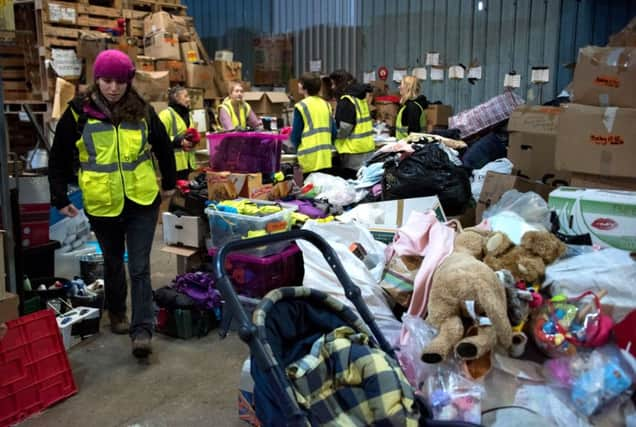Obselete technology carries '˜threat to UK borders'


The Centre for Policy Studies (CPS), a right-of-centre think-tank, said much of the IT infrastructure for controlling Britain’s borders is “obsolete” and around a decade out of date.
In a report published today, the think-tank calls for IT and non-law enforcement operations to be handed over to the private sector.
Advertisement
Hide AdAdvertisement
Hide AdThe report claims the Home Office and the UK Border Force have “struggled” to meet their requirements on border security.
It said the Home Office had proved unable to improve IT systems needed to properly monitor who is entering the country.
And it calls for new equipment that reads and verifies both digital fingerprint and biographical information from passengers that could be cross-checked instantaneously against a watch list.
The report states: “Public concern over the security of Britain’s borders, from illegal immigration, people trafficking, and terror are growing. The wider framework of border control is destabilised by a global crisis of migration. Europe’s longstanding border co-operation within the Schengen agreement is breaking down so that barbed wire is once again rolling out across the EU’s external frontier and internal border control points are being put back in place. Yet Britain’s response remains mired in established civil service business-as-usual.”
Tim Knox, director of the CPS, said: “It is unacceptable that Border Force’s hard-pressed frontline staff are having to work with worn-out tools while yet another government IT programme muddles along. Nor is it fair on millions of legitimate travellers stuck in needless passport queues.
“To keep our border secure and save money, the government should use existing expertise that is available on the open market. The question is not whether the government should take this step to secure the border better, but why it hasn’t done so already.”
Immigration minister James Brokenshire said: “Protecting our borders has always been — and remains — our top priority. Every passenger arriving in the UK is checked against a range of watchlists and the UK passport is among the most secure in the world. We have invested heavily in upgrading and adapting our systems. The government has no plans to privatise border control functions in the UK.”